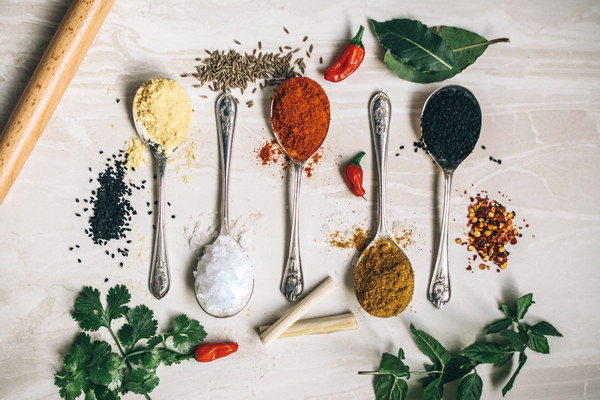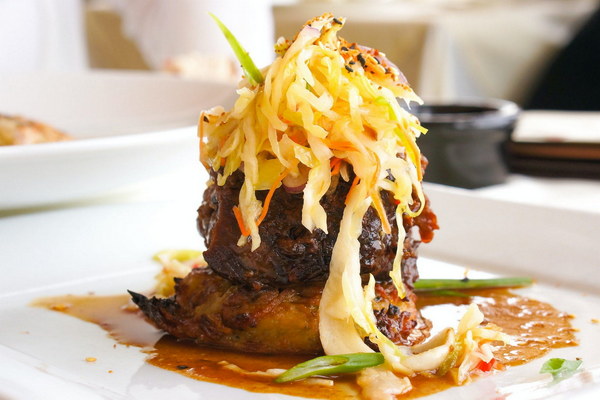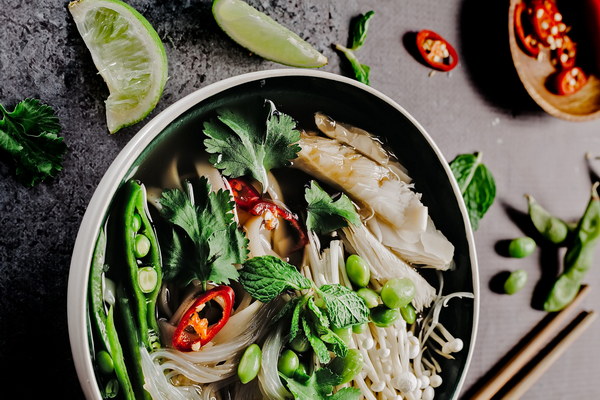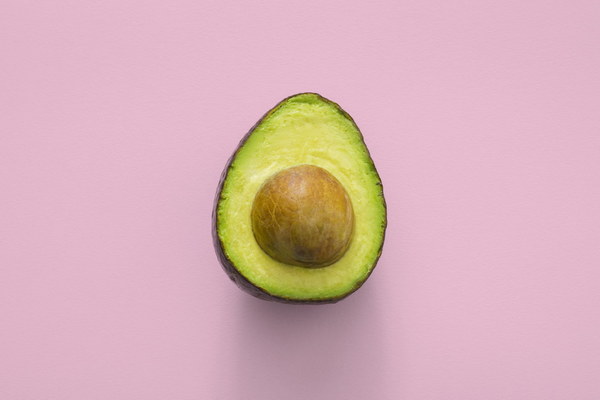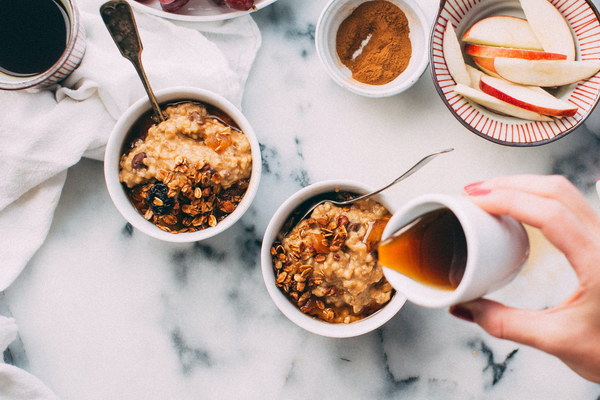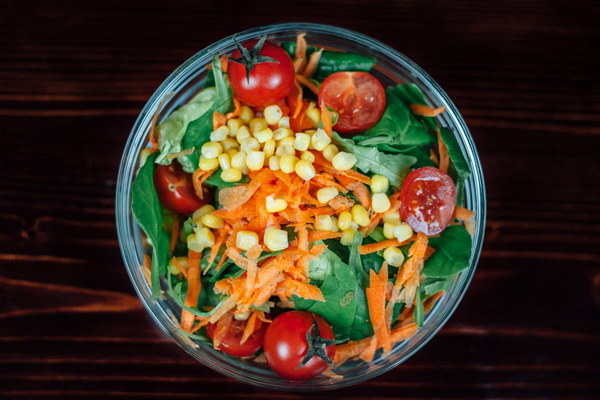Beat the Heat and Damp Top Natural Remedies for Excessive Dampness and Heat-Induced Colds
Introduction:
Colds are a common ailment, especially during the cooler months when the body is more susceptible to viral infections. However, certain conditions, such as excessive dampness in the body and heat, can exacerbate the symptoms of a cold, making it more challenging to recover. Traditional Chinese medicine offers a range of remedies that focus on balancing the body's internal environment to alleviate these specific conditions. This article explores the concept of dampness and heat in traditional Chinese medicine and highlights some natural remedies that can help in treating colds characterized by these symptoms.
Understanding Dampness and Heat in Traditional Chinese Medicine:
In traditional Chinese medicine (TCM), dampness and heat are considered pathogenic factors that can disrupt the body's balance. Dampness refers to the accumulation of moisture in the body, which can be caused by overeating, exposure to damp weather, or other internal imbalances. Heat, on the other hand, is a condition that arises from the body's inability to effectively disperse internal heat, often due to excessive consumption of spicy foods or stress.
When dampness and heat combine, they can lead to a variety of symptoms, including:
- Fatigue and lethargy
- Headaches
- Sore throat
- Runny nose
- Body aches
- Increased body temperature
Natural Remedies for Excessive Dampness and Heat-Induced Colds:

1. Herbal Remedies:
- Astragalus (Astragalus membranaceus): Known for its immune-boosting properties, astragalus can help combat both dampness and heat. It is often used in combination with other herbs to strengthen the body's resistance to illness.
- Bupleurum (Bupleurum chinense): This herb is believed to have a cooling effect on the body and can help alleviate symptoms of damp-heat conditions, such as a fever and headache.
- Coptis (Coptis chinensis): Coptis is a potent anti-inflammatory and can help reduce the symptoms of a cold, particularly those related to dampness and heat.
2. Dietary Adjustments:
- Avoid spicy and greasy foods, as these can exacerbate damp-heat conditions.
- Incorporate cooling foods into your diet, such as cucumber, watermelon, and mint.
- Drink plenty of warm liquids, like ginger tea or herbal infusions, to help the body sweat out the dampness.
3. Acupuncture and Moxibustion:
- Acupuncture involves inserting fine needles into specific points on the body to stimulate the body's natural healing processes.
- Moxibustion is a technique where dried mugwort is burned near the skin at specific points to promote healing and balance the body's energy.
4. Lifestyle Modifications:
- Ensure adequate rest and sleep to allow the body to recover.
- Exercise regularly to improve circulation and help the body eliminate excess moisture.
- Practice stress-reducing techniques, such as meditation or yoga, to prevent the build-up of internal heat.
Conclusion:
Experiencing a cold with symptoms of dampness and heat can be particularly uncomfortable, but with the right approach, recovery is possible. By incorporating natural remedies and lifestyle adjustments that align with traditional Chinese medicine principles, you can effectively combat these symptoms and return to good health. Remember to consult with a healthcare professional before starting any new treatment or making significant changes to your diet or lifestyle.


